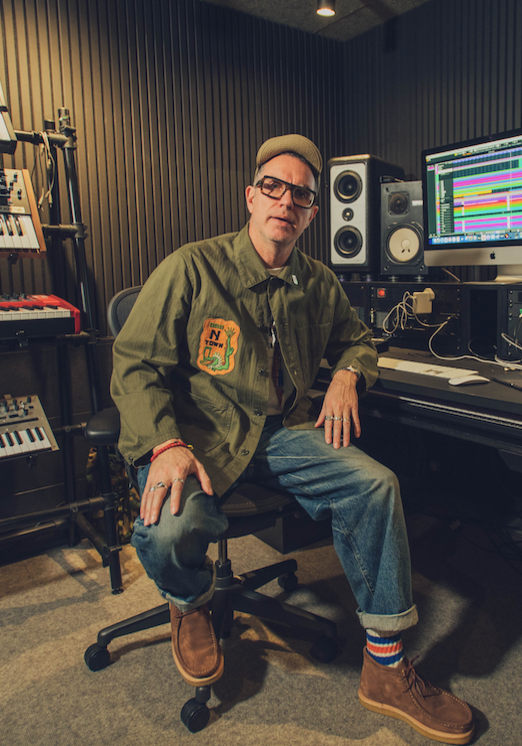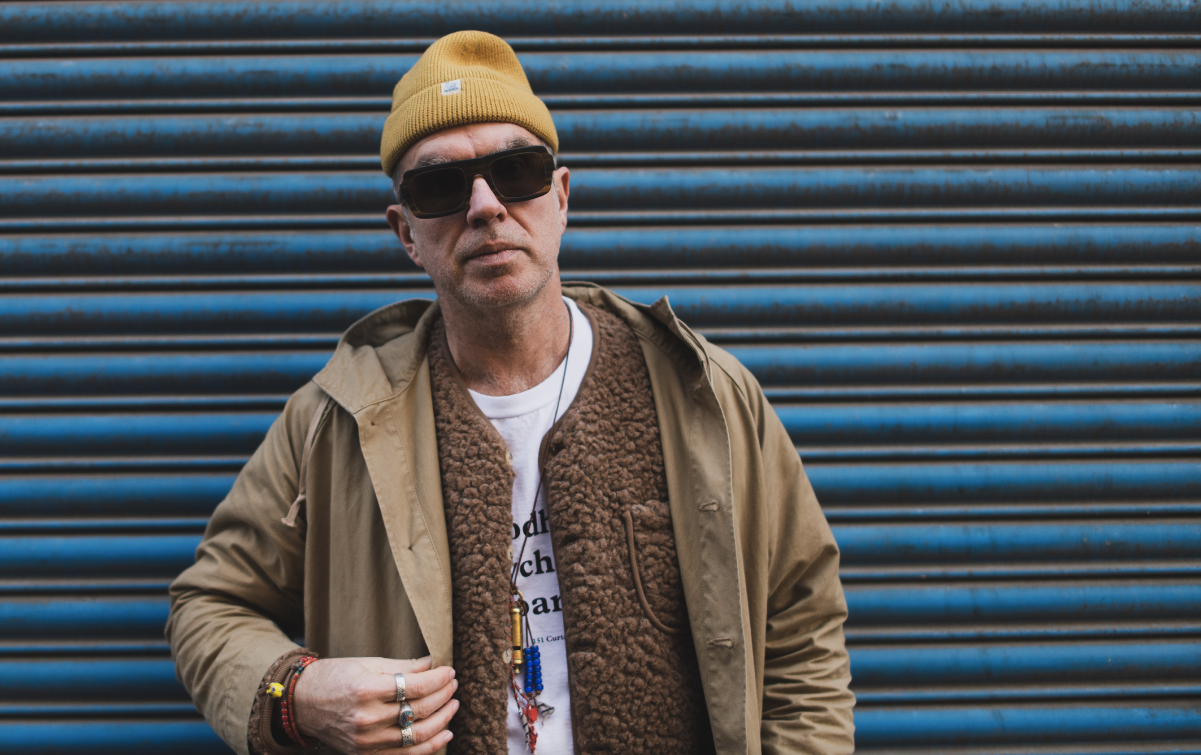London-based DJ and producer, Luke Solomon has been steadily releasing dance records since the ‘90s, and is behind well-respected house labels, Classic, which he co-founded with Chicago house legend Derrick Carter in 1995, and Music for Freaks, co-run with Justin Harris since 1999. He reflects on the “accidental” mainstream success of production duo, Freaks, and why the experience led him to dig himself back underground.
A gig with Carter led to the two of you becoming friends, after which Classic Recordings was born. What were your aims for the label?
I think we were on a mission to rule the world as we were living that life – both as DJs. We said, ‘Let's start a label! What are we gonna call it?’ Loads of people were like, ‘You can't call your record label Classic’, and we were all bravado.
We were just doing what we wanted...the confidence of youth! We started a record label with no intention other than putting out music that we loved and having a vehicle for our own music and vehicle for our friends' music.
It turned into something far greater than we ever imagined. We always treated it like, ‘These are great records, let's put them out. Do we both love them? Yes. Let's put them out’.
That was always the mantra for us, and 25 years later, it still carries that flag.






